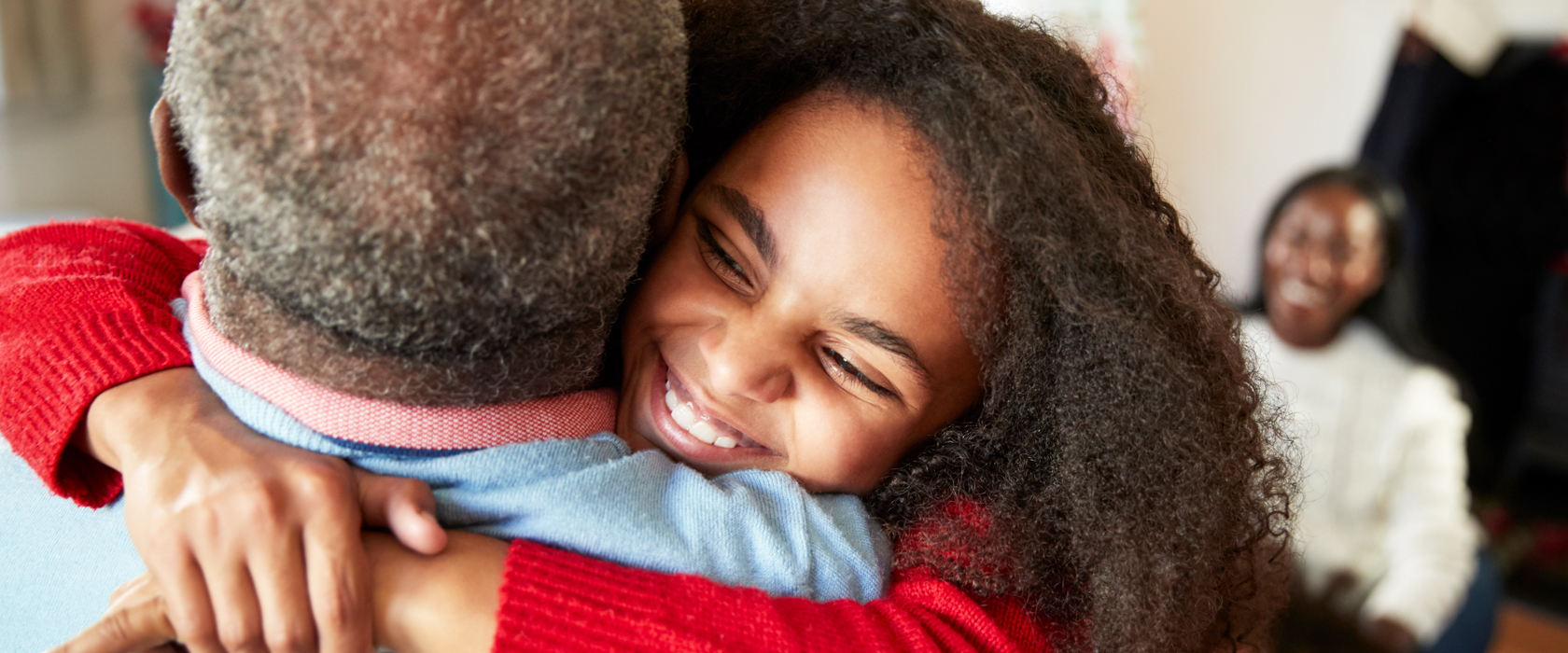Life After COVID-19 Vaccination: What You Can Do Safely
The CDC released new guidelines for people who have been fully vaccinated against COVID-19 and explained which activities they can safely resume.


With three COVID-19 vaccines available and large-scale distribution and administration underway, many people are wondering when life can get back to normal — visiting friends and grandparents, eating in restaurants, and going to movies or museums.
Now, a year after the pandemic took hold in the United States, the Centers for Disease Control and Prevention (CDC) has released guidelines on what activities are safe for fully vaccinated people.
The CDC now recommends the following if you have been fully vaccinated, which means two weeks have passed since getting the second dose of the Moderna or Pfizer-BioNTech vaccine or the single-dose Johnson & Johnson vaccine:
- You can gather indoors with fully vaccinated people without wearing a mask or social distancing.
- You can gather indoors with unvaccinated people from one other household (such as relatives who all live together) without masks, unless any of those people or anyone they live with has an increased risk for severe illness from COVID-19.
- If you’ve been around someone who has COVID-19, you do not need to stay away from others or get tested unless you have symptoms.
Fully vaccinated people still need to practice hand hygiene and social distancing, wear masks in public, avoid medium or large gatherings, delay unnecessary travel, and get tested if they display any COVID-19 symptoms, according to the CDC.
Though the changes are a welcome first step toward returning to everyday activities, we need to remain vigilant in our fight against COVID-19, says Dr. Sorona Segal-Maurer, director of the Dr. James J. Rahal, Jr. Division of Infectious Diseases at NewYork-Presbyterian Queens and professor of clinical medicine at Weill Cornell Medicine.
“We need to consider that 90% of the population is not yet fully vaccinated, so exercising best practices like wearing masks when out in public, social distancing, and hand-washing are still necessary,” says Dr. Segal-Maurer. “We have to continue to protect ourselves and others from COVID-19 to help reduce the spread of the virus, but the updated guidelines are a good sign that we may be on our way to getting back to our regular life.”
On July 27, the CDC updated guidance for fully vaccinated people given new evidence on the transmissibility of the Delta variant, adding a recommendation for fully vaccinated people to wear a mask in public indoor settings in areas of substantial or high transmission. Fully vaccinated people may choose to wear a mask in these settings regardless of the level of transmission, particularly if they are immunocompromised or at increased risk for severe disease from COVID-19, or have someone in their family who is.

